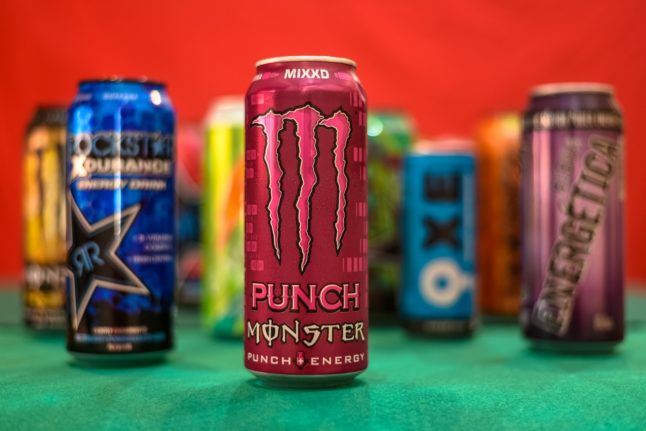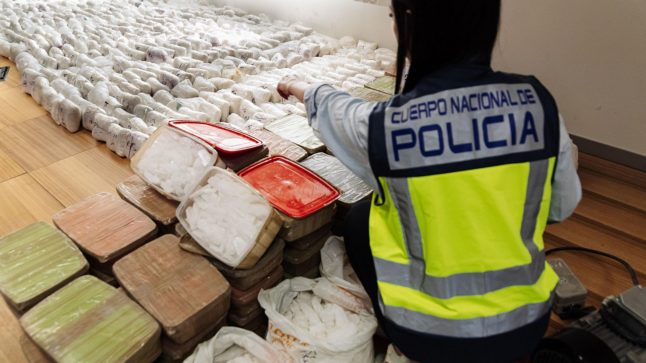Galicia plans to wage war on energy drinks with eye-opening legislation that will prohibit their ownership and consumption among minors.
The Xunta regional government has presented a draft law that in effect classifies taurine-based drinks by brands such as Red Bull and Monster in the same category as alcohol, illegal for those who are under age in Spain.
The fines the law plans to hand out to misbehaving kids and teens – or presumably their parents – will range from a minimum of €600 to €3,000, similar amounts can be given to people of all ages caught with small amounts of cocaine, cannabis or other illicit substances.
READ MORE: What are the penalties for drug possession in Spain?
However, the most serious crimes (mass sale of energy drinks to minors, for example) could see offenders receive far stiffer penalties – between €15,025 and €600,000.
If the law is passed, vendors will have to ask customers who could be under the age of 18 for ID if they are looking to buy these drinks.
It will no longer be possible to sell them in vending machines or establishments where minors could have easy access to said beverages, nor will energy drink advertising that targets young people be permitted.
Even in bars and nightclubs in the region where minors are not allowed, 2 for 1 promotions involving bebidas energéticas will be banned.
According to the Spanish Agency for Food Safety and Nutrition (AESAN), the regular and excessive consumption of energy drinks can pose a health problem for consumers.
Drinking more than 200 millilitres of these drinks reportedly causes sleep disturbances in teenagers due to their high caffeine content, whilst consuming 500 millilitres can lead to psychological side effects, behavioural alterations and cardiovascular disorders.
The draft bill also looks to tighten legislation for tobacco and vaping products in the region of 2.7 million inhabitants.
The draft law remains open to suggestions until November 28th, but Galicia’s Xunta expects the legislation to come into force in early 2024.



 Please whitelist us to continue reading.
Please whitelist us to continue reading.
Member comments